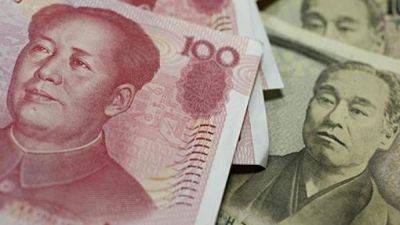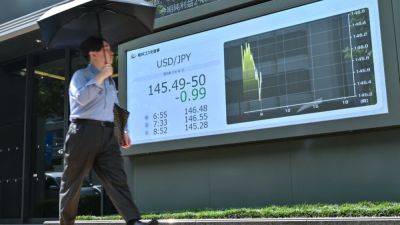Japan's yen has seen wild swings this year — is it still a safe-haven asset?
Japan's yen has traditionally been viewed as a safe-haven asset, shielding investors from the impact of economic and market turbulence — is that status intact after the wild swings in the currency this year?
Throughout most of 2024, the yen has seen sharp volatility, with the currency weakening to levels not seen since 1986 and prompting the Bank of Japan to intervene in July to support the currency. The BOJ had earlier stepped in to prop up the yen in May when it had depreciated to 160 against the U.S. dollar.
After the BOJ's decision in July to raise rates, Japan's stock market and currency saw huge swings. The Nikkei clocked its largest one-day loss since 1987 on Aug. 2 as the yen reversed course to strengthen dramatically.
Brushing aside the volatility in the Japanese yen, analysts that CNBC spoke to said the yen's safe-haven status remains largely intact due to the currency's "predictability."
"We believe we can call it a 'safe haven' given the fact that Japan remains [the world's] largest external creditor, and is seeing sustainable current account surplus and inflation [in the country]," said Ryota Abe, an economist at Sumitomo Mitsui Banking Corporation. Deficits tend to weaken currencies while surpluses strengthen them.
Hugh Chung, chief investment advisory officer at wealth and fund platform Endowus said the currency strengthens reliably when U.S. bond yields and equities fall at the same time, such as the crash of 2008 and the Covid-19-induced meltdown of 2020.
On the other hand, the yen tends to weaken against the greenback during periods of risk-off sentiment if U.S. yields rise while equities fall, Chung added, citing the development in2022 when the U.S. Federal Reserve raised rates to combat inflation.
Chung







